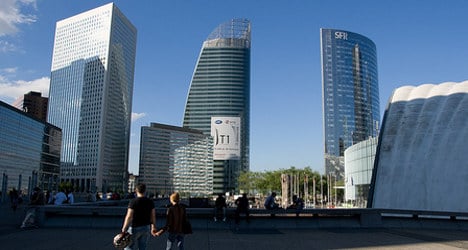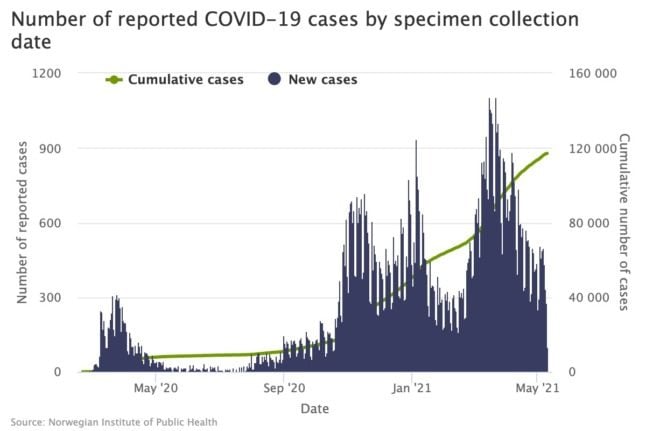France is officially in recession, and although its politicians are blaming the Europe-wide financial crisis, the chief of the European Commission believes a change of attitude in Paris could help boost the country's economy.
José Manuel Barroso, who is due to hold crucial talks with French president François Hollande later on Wednesday, believes France needs to open its arms to a changing world.
Speaking to Europe1 radio on the day official stats confirmed the French economy had entered a recession, Barroso said France was “spitting in the wind” with its hostile attitude towards globalization.
“Sometimes in France, which is a country I admire a lot, there is a very negative mentality towards the opportunities that exist in this modern globalized world,” Barroso said.
“To be against globalization is to spit in the wind. When François Hollande sells, I don’t know how many Airbus planes to China, is that not excellent?
“There are markets that are currently growing. It is an opportunity [for France],” he added.
Barroso’s words come as France’s INSEE statistics agency released figures that revealed the country's GDP had contracted by 0.2 percent in the first quarter of 2013.
After a similar fall in the last quarter of 2012, this means the French economy is officially in recession.
Influence in Europe on the wain?
With the economy in the doldrums, some economists suggest its position as a key player at the heart of the EU is under threat, seen by Hollande's unsuccessful battle to push for growth measures.
"Everything is possible. I would not rule out any scenario," Laurent Calvet, a finance professor from HEC business school in Paris told The Local. "If a country under-performs for many years then its influence will obviously decline. But the French people and politicians obviously don't want that.
Calvet argues that the only way France can maintain its standing is by getting its own house in order, in other words boosting growth, cutting the public deficit and reducing taxes in the short term.
"How much influence France has in Europe will depend on its inner strength. If its economy is healthy the influence will follow."
France needs competitiveness
Although most economists agree that the gloomy economic outlook in France is down to the wider EU crisis, some say there are measures that Paris can take to pull itself out of the mire.
“France needs to encourage growth on the domestic front and help companies be competitive by shifting the burden of labour costs away from businesses,” economist Zsolt Darvas from the Brussels-based Bruegel think tank told The Local.
“It needs to carry out a lot of structural reforms to encourage more innovation, entrepreneurship and research, as the economy is too regulated.
“This may not foster growth in the short term but it will in five years from now, and it has to be done."
Other economists, however, believe the financial crisis can only really be solved by drastic measures being taken at a Europe-wide level.
While Christophe Blot, from the French Economic Observatory in Paris accepts the French could take certain steps, he believes it is in Brussels that a leap of faith needs to be made to end the crisis.
“We are in this recession because of the path of austerity, taken not just in France but across Europe. We need a strategy for less austerity and it needs to be implemented at the EU level.
“There is a big debate about competitiveness in France but competitiveness cannot be increased while you are cutting costs across Spain and Italy and France. This is not competitive.”
France is sick, but not as ill as its neighbours
France has been described as the ‘new sick man of Europe’ and ‘the ticking time bomb’ at the heart of the EU in recent months, but despite officially re-entering a recession for the first time in four years, economists say it is not as ill as its neighbours.
“People say things like ‘France is the sick man of Europe’ just for the sake of the media,” Blot said. “There are some real ‘sick men’ in Europe but they are in the south. Greece, Portugal and Spain are all in a more critical state than France.
“France is in a relatively good situation, but it doesn't mean there’s nothing to do,” he added.
Darvas from the Bruegel think tank agrees that the situation could be a lot worse for France.
“France is still in a relatively strong fiscal position. The rates at which it can borrow are only slightly higher than Germany, which suggests the markets still have confidence in France,” Darvas told The Local.
“France might not be as healthy as Germany, but it is not the sick man of Europe.”




 Please whitelist us to continue reading.
Please whitelist us to continue reading.
Member comments